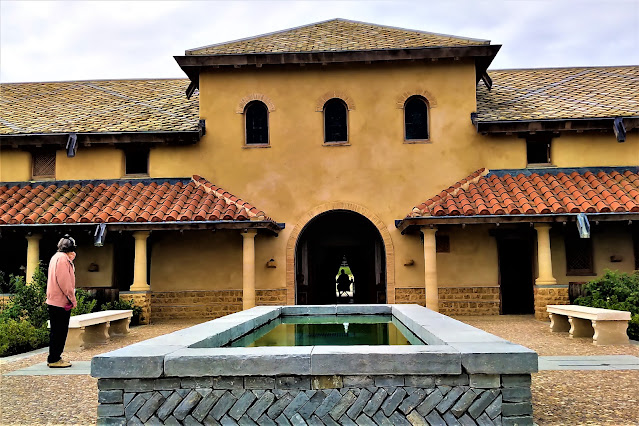St. Monans Windmill
Introduction
This afternoon, I am reporting on an intriguing piece of industrial history, namely
the St. Monans Windmill which graces the Fife Coast (Scotland) between
Anstruther and St. Monans.
St. Monans Windmill, Fife, Scotland.
Information on the windmill.
This windmill dates from 1772 when it was constructed as part of a salt panning enterprise, entailing extraction of salt from seawater, established by Sir John Anstruther. At this time salt was a valuable commodity used for preservation of food at a time when refrigeration did not exist.
The salt extraction process entailed:
- An artificial reservoir of salt water on the coast.
- Pumping of the water from reservoir to saltpans using a combination of wooden pipes and energy from the windmill.
- Evaporation of the water using coal-fired saltpans. The coal was sourced locally.
Overseeing the operation was a Salt Master, an assistant and numerous employees. The work was dirty, arduous and dangerous.
Remains of Panhouses at St. Monans, Fife
The salt industry prospered between 1783 and 1815. However, decline set when salt tax duties were abolished in 1823 subsequent to which the St Monans industry went into decline.
Today, the windmill and remains of associated infrastructure can easily be visited via a short walk from St Monans. Keys to the windmill can be obtained from the local Post Office.
Here is a video clip of view from top of the Windmill (through glass):
More information on the Fife Coast.
The publication Visitors’ Guide to Scotland includes a section on the Fife Coast. ISBN is 978-1-9161`332-0-4. Also available via Kindle.

Comments
Post a Comment